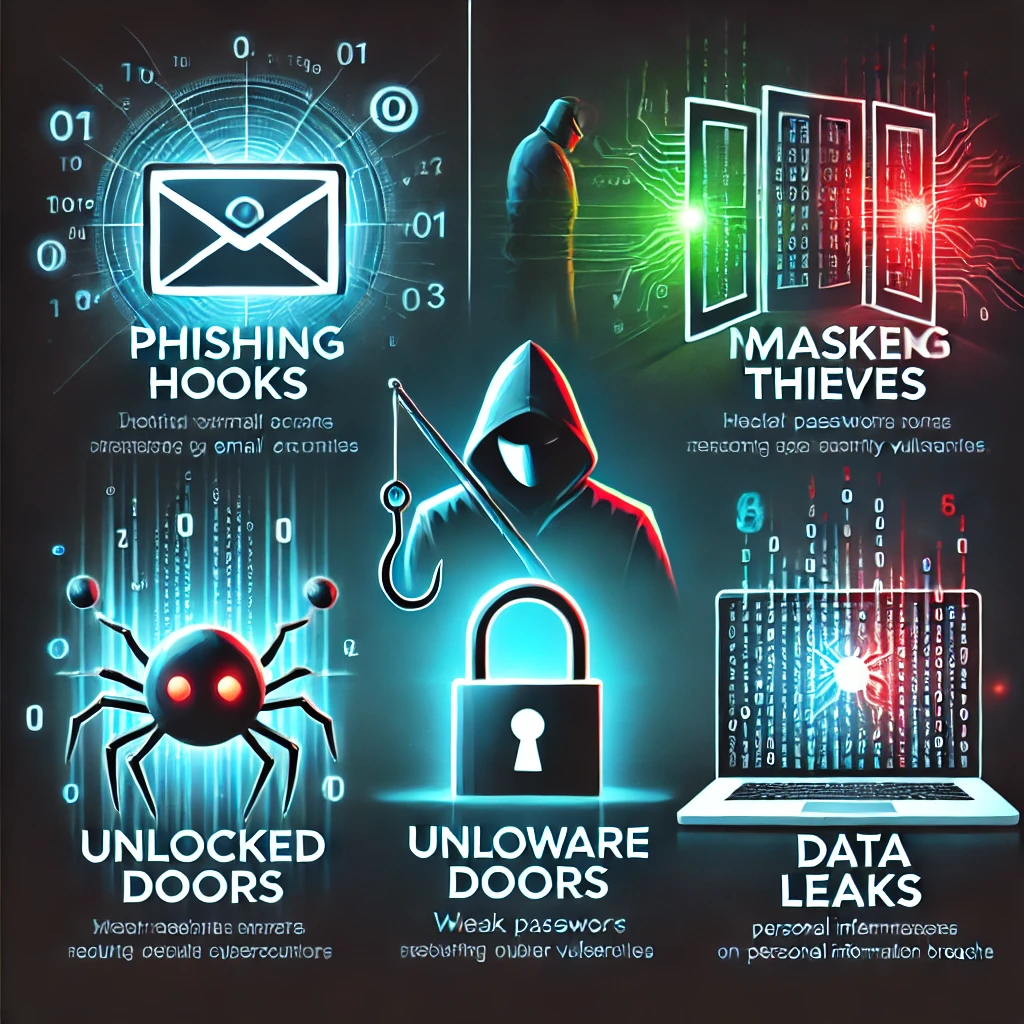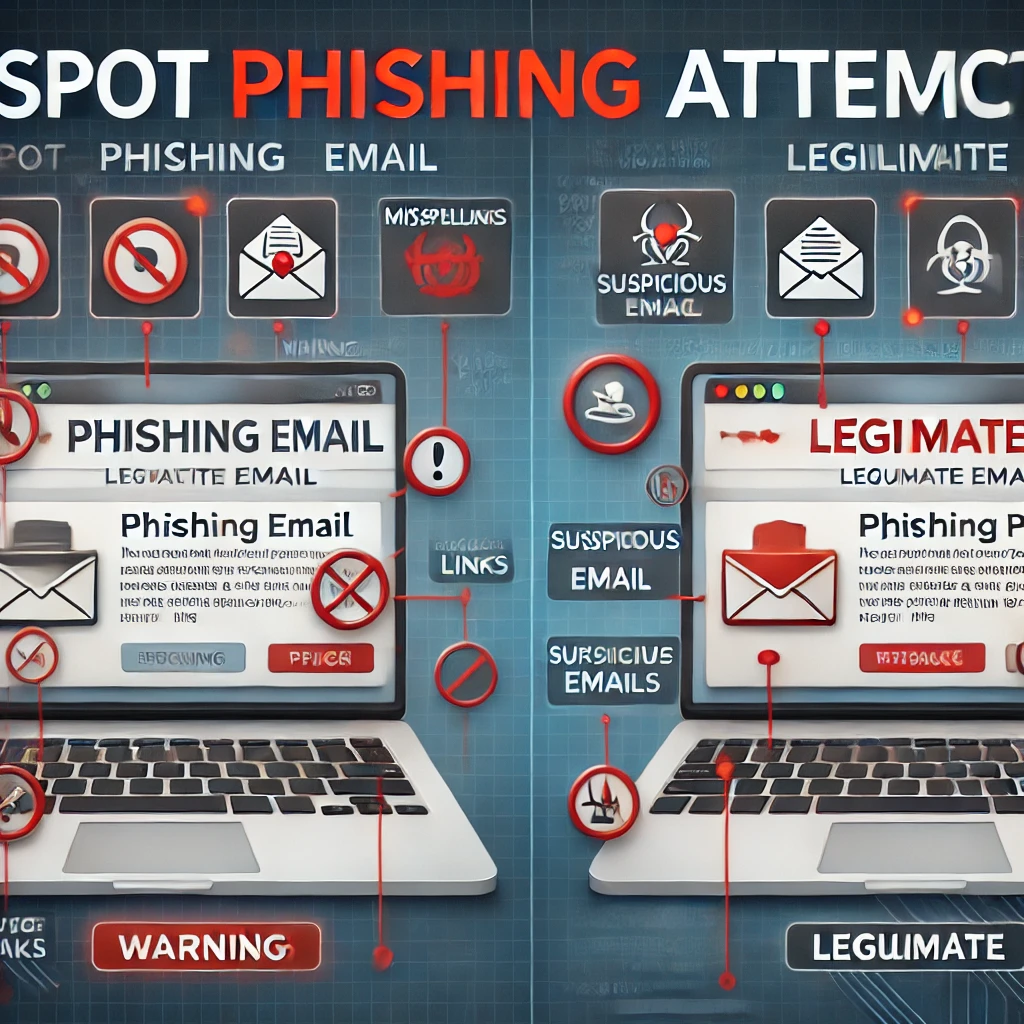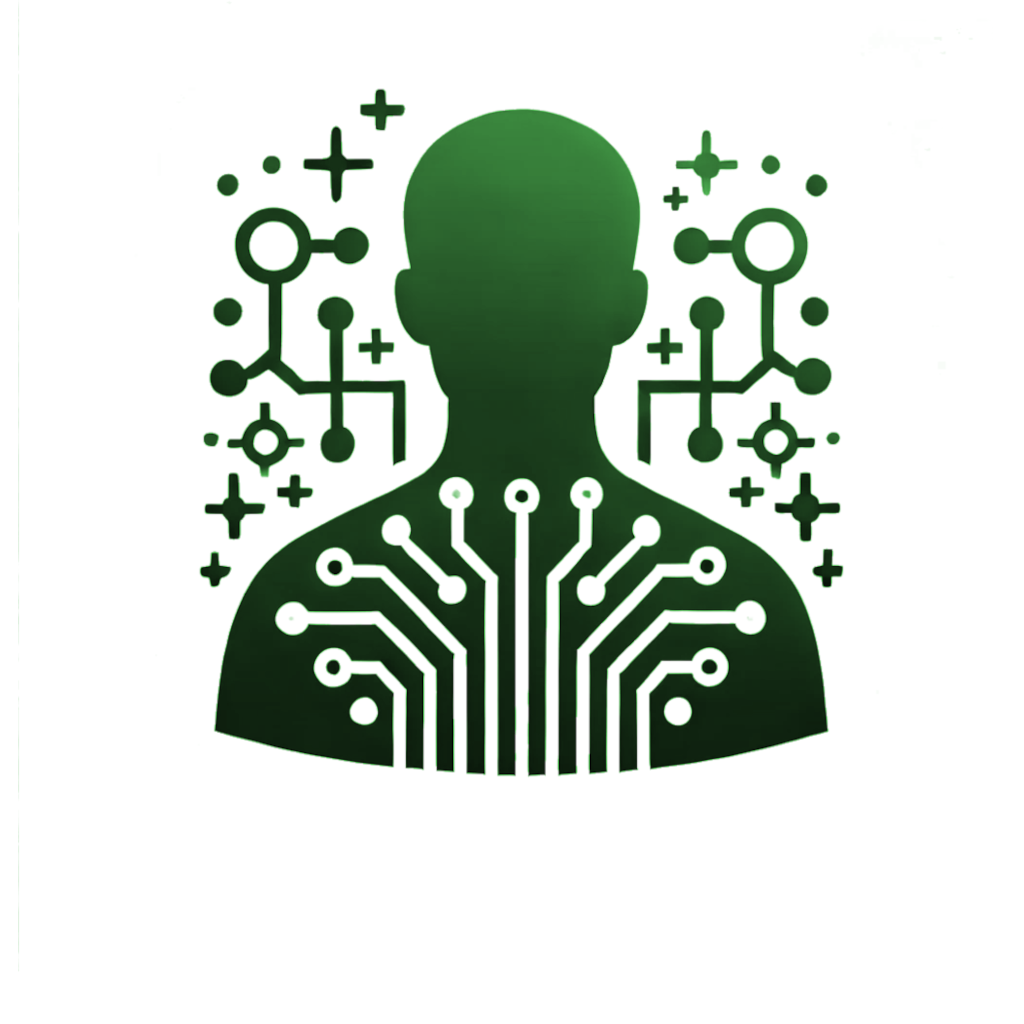Introduction
In today’s hyperconnected world, cybersecurity isn’t just about firewalls, encryption, or antivirus software. The weakest link—and the strongest defense—is you. As technology evolves, hackers increasingly target human behavior rather than systems. Becoming a “Human Firewall” means developing the mindset and skills to protect yourself, your privacy, and your workplace from digital and physical threats. This article breaks down practical strategies to shield against identity theft, phishing, and other risks, emphasizing that security starts with people.
What Is a Human Firewall?
A Human Firewall is someone who actively blocks threats by making smart decisions, questioning risks, and staying vigilant. Just like a digital firewall filters malicious traffic, a Human Firewall filters out dangerous behaviors. This requires a mix of skepticism, awareness, and proactive habits.
The 5 Most Common Threats Targeting Individuals
- Phishing Attacks
Fraudulent emails, texts, or calls pretending to be legitimate sources (e.g., banks, colleagues) to steal login credentials or personal data. - Social Engineering
Manipulative tactics (e.g., impersonation, fake emergencies) to trick you into revealing sensitive information. - Identity Theft
Criminals using stolen data (Social Security numbers, passwords) to commit fraud in your name. - Physical Security Breaches
Unauthorized access to devices, documents, or workspaces (e.g., leaving laptops unlocked, sensitive papers in the trash). - Insider Threats
Accidental or intentional data leaks by employees, contractors, or partners.

Skills to Develop as a Human Firewall
1. Use Common Sense Like a Superpower
- Verify, Don’t Trust Blindly
Got an urgent email from your “boss” asking for a wire transfer? Call them directly to confirm. If a link looks suspicious (http://fake-bank-login.com), don’t click. - Question Everything
If a stranger calls claiming to be IT support, ask for verification (e.g., a ticket number). Legitimate professionals will understand.
2. Stay Alert to Red Flags
- Spot Phishing Attempts
Poor grammar, mismatched sender addresses (su*****@****0n.net), and threats like “Your account will be closed!” are dead giveaways. - Guard Oversharing
Avoid posting sensitive details online (e.g., vacation plans, workplace projects). Burglars and hackers love social media clues.

3. Protect Physical Documents and Devices
- Shred, Don’t Trash
Dumpster diving is real. Shred bank statements, medical records, or anything with personal data. - Lock Screens and Doors
Always lock your computer (Windows + L) when stepping away. At home, store passports and tax files in a safe.
4. Secure Your Digital Life
- Use Strong, Unique Passwords
A password manager (e.g., Bitwarden, 1Password) is your best friend. Enable two-factor authentication (2FA) everywhere. - Update Everything
Outdated software is hacker candy. Enable automatic updates for your OS, apps, and antivirus.
5. Foster a Security Culture at Work
- Report Suspicious Activity
If you see something odd (e.g., a USB stick left in the lobby), alert IT—don’t plug it in! - Train Continuously
Attend cybersecurity workshops. Share tips with colleagues (e.g., “Did you know public Wi-Fi needs a VPN?”).

Real-World Scenarios: How Human Firewalls Save the Day
- The “CEO” Email Scam
A finance employee receives an email from the “CEO” asking for an urgent transfer. Instead of complying, they call the CEO’s known number and uncover the fraud. - The Parking Lot Tailgater
An employee notices someone without a badge trying to enter the office behind them. They politely ask the person to scan their own badge or visit reception.
Conclusion: Security Is a Lifestyle
Becoming a Human Firewall isn’t about paranoia—it’s about preparedness. By adopting a mindset of “trust but verify,” securing your physical and digital environments, and staying educated, you protect not just yourself but everyone around you. Remember: hackers bet on human error. Prove them wrong.
Final Call to Action: Start today. Audit your passwords, enable 2FA, and share this article with your team.

SEO Keywords:
how to protect against phishing, human firewall definition, prevent identity theft, cybersecurity tips for employees, social engineering examples





